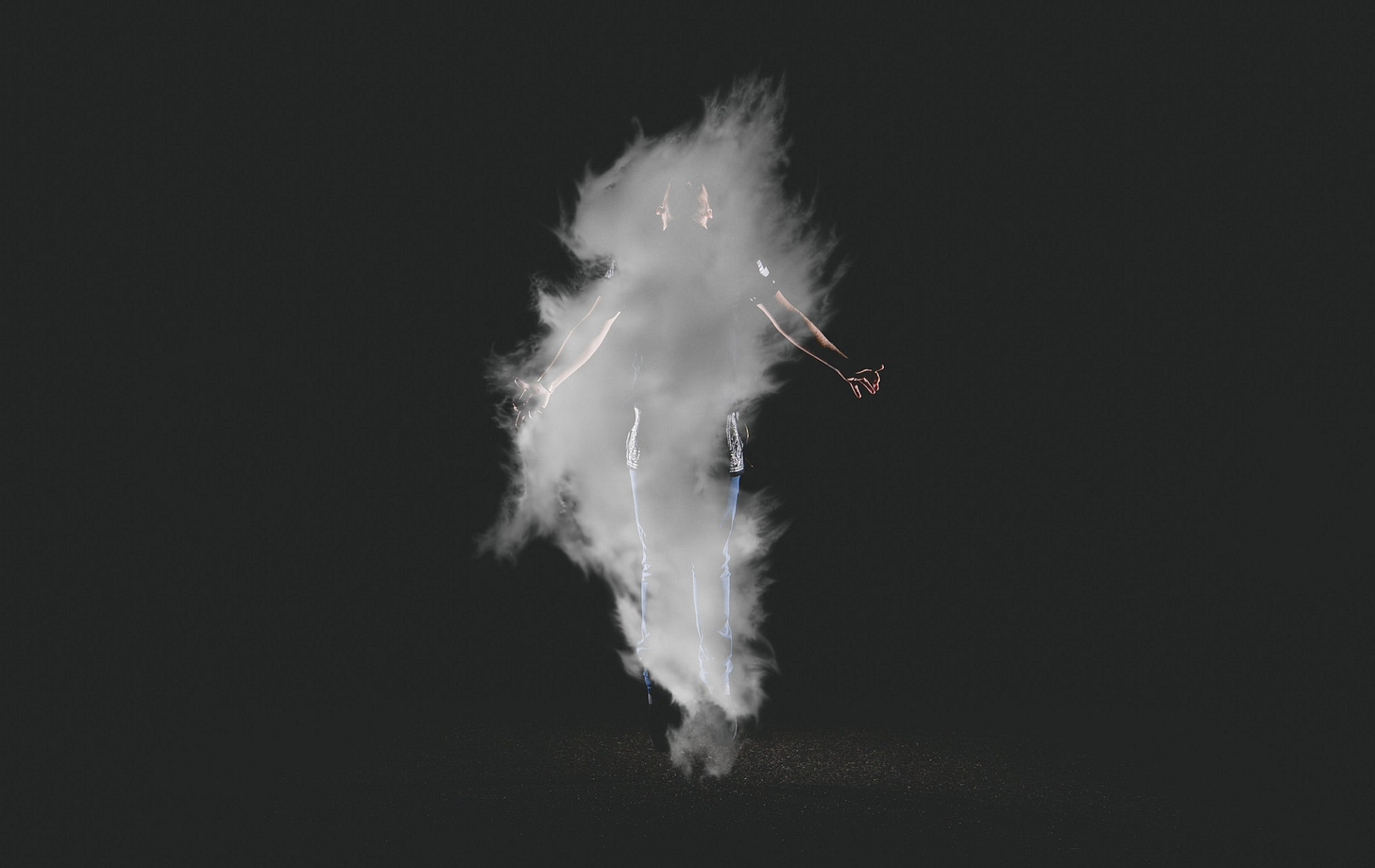One of the earliest Christian heresies was that of docetism. This heretical claim argued that Jesus only appeared to have a human body (deriving from the Greek “to seem”). It expressed itself either through the absolute rejection of a human body associated with Jesus or that Jesus held a human body while Christ di…
Keep reading with a 7-day free trial
Subscribe to Brethren Contemplative to keep reading this post and get 7 days of free access to the full post archives.




